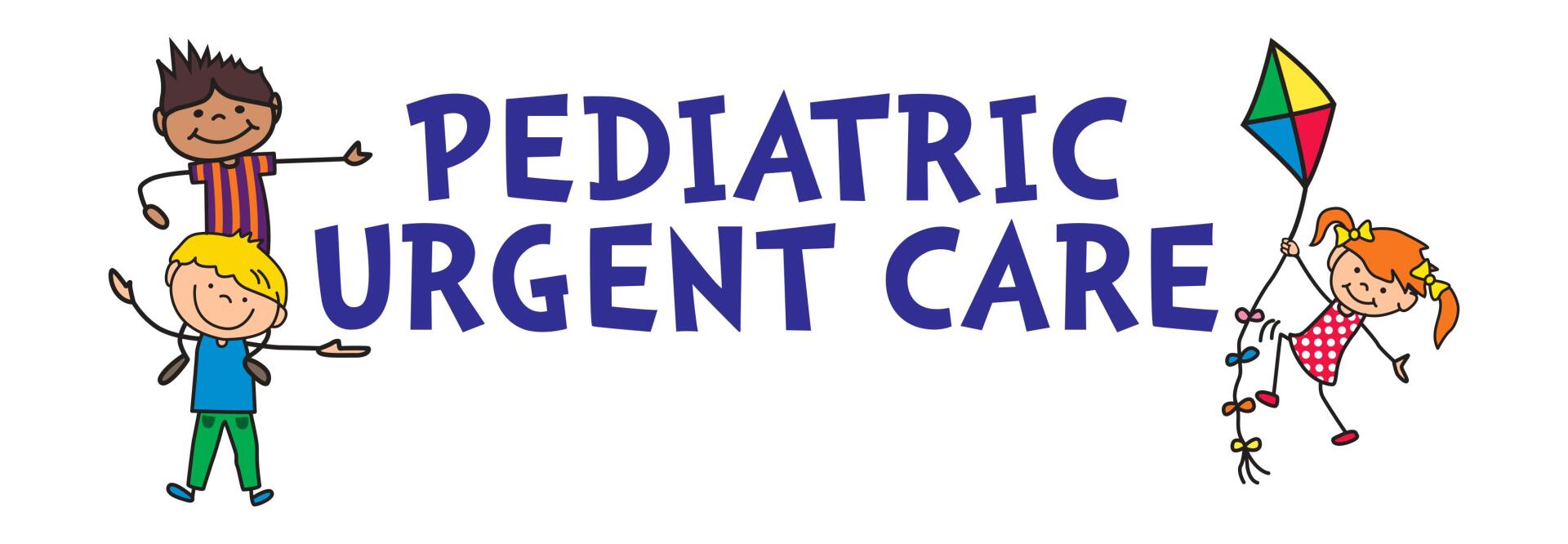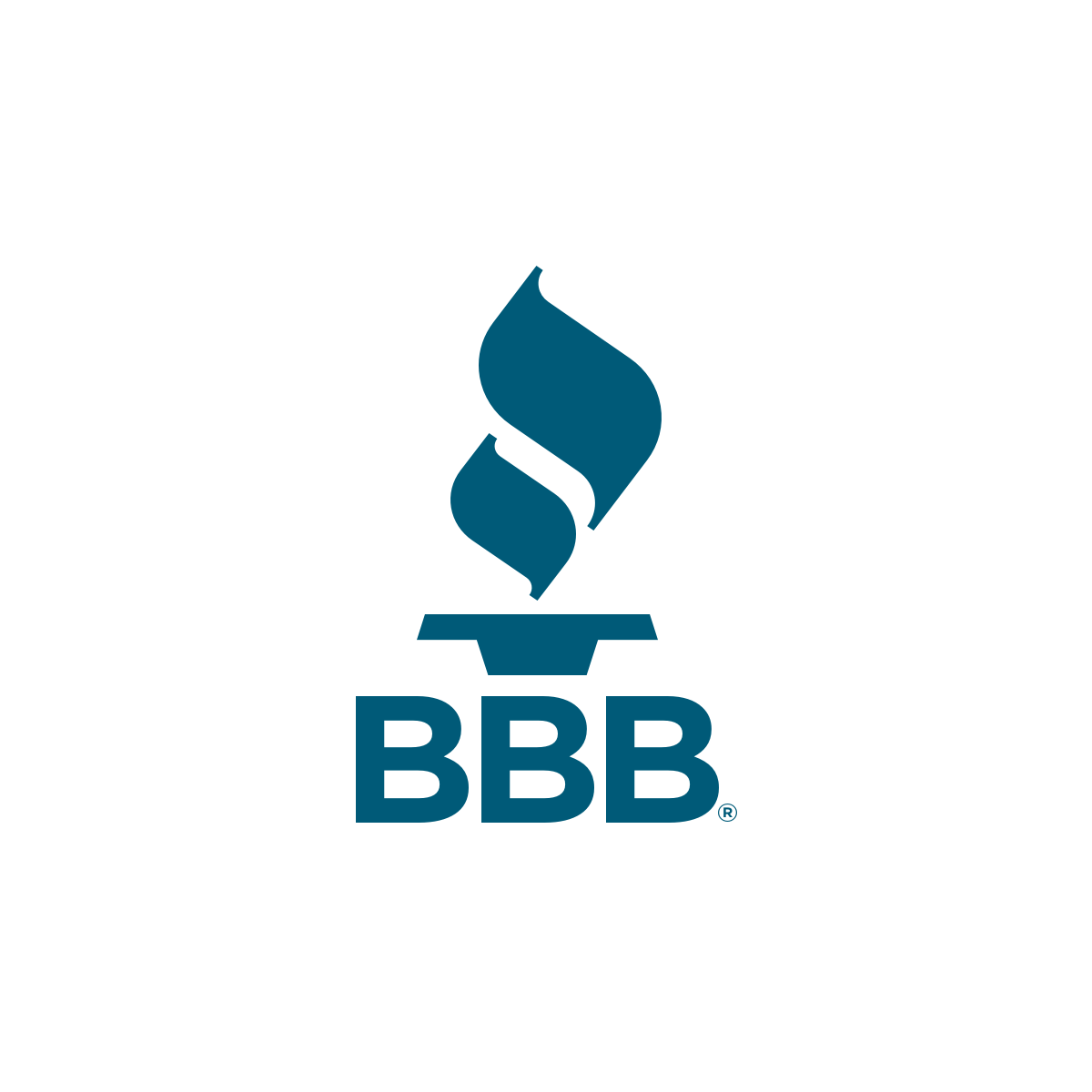How to Handle an Anaphylactic Reaction
What Is an Anaphylactic Reaction?
An anaphylactic reaction, or anaphylaxis, is best described as a severe allergic reaction. Allergies occur when the body’s immune system goes into overdrive and sees non-threatening stimuli (such as pollen, insect bites or stings, certain types of food, etc.) as invaders. While mild allergic reactions can be dealt with via over-the-counter medication and simple home remedies, anaphylaxis can be life-threatening and requires immediate care.
Anaphylaxis occurs when the body’s immune system detects the presence of an allergen and releases a wave of hormones and other chemicals. This overreaction sends the body into a state of shock.
What Are the Signs of an Anaphylactic Reaction?
Common signs and symptoms of anaphylaxis include:
- Digestive symptoms such as vomiting, nausea, and/or diarrhea
- Fainting or dizziness
- Hives, itching, and flushed or pale skin
- Hypotension (low blood pressure)
- Weak and/or rapid pulse
How is an Anaphylactic Reaction Treated?
If your child is experiencing an anaphylactic reaction, the first line of defense is to administer a dose of epinephrine via an autoinjector (i.e., use their EpiPen). Symptoms can get worse very rapidly, so do not wait to see if the reaction goes away. If your child does not have an epinephrine autoinjector, call 911 and be prepared to administer CPR if necessary.
Once you’ve given your child the injection, seek immediate medical attention. The reaction can return once the initial epinephrine dose wears off. Your child will need more epinephrine as well as other medications to fully get the reaction under control. Your child may also need treatment for complications from the reaction. After the immediate crisis is over, you’ll also want to make an appointment with your child’s primary physician to discuss strategies for preventing and treating future reactions.
Here at Pediatric & Adolescent Urgent Care of WNY, we are very familiar with anaphylaxis and can help you and your family if your child should ever experience it. We are proud to treat children from across the Western New York area and would be happy to help your family as well. Please visit our walk-in clinic if you ever need our assistance or contact us today.

